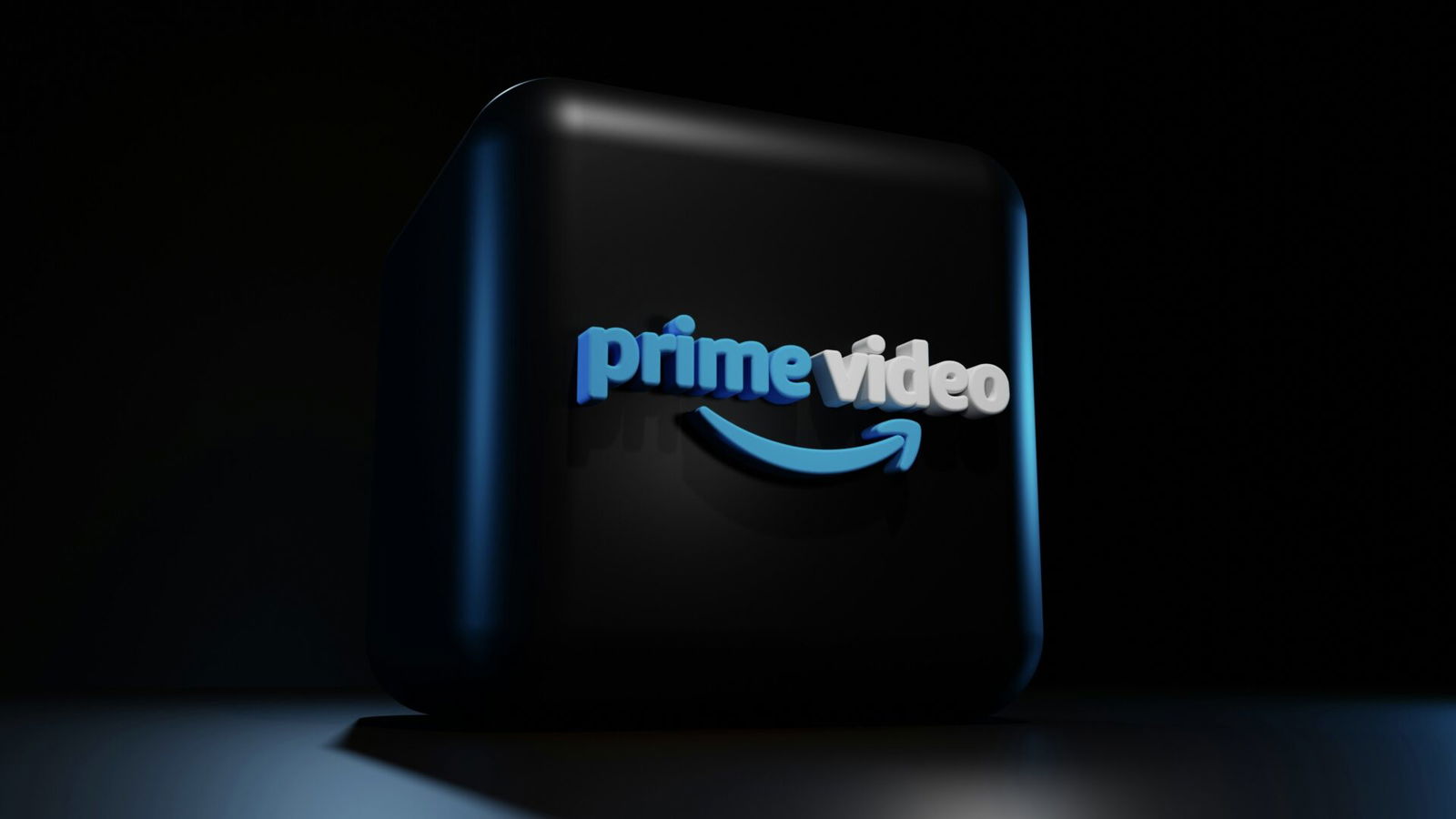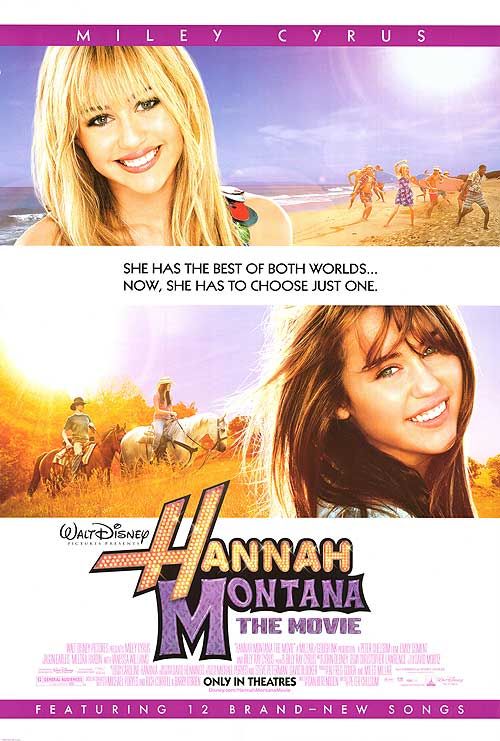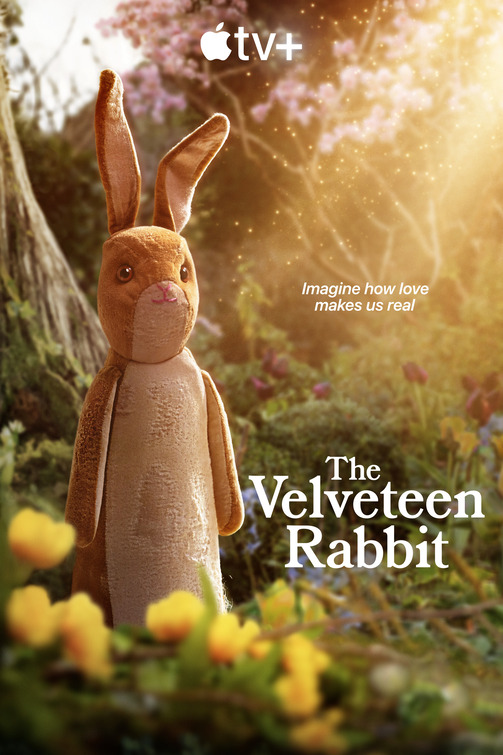
By Gavin Boyle
Amazon Prime Video is being sued for leading users to believe shows and movies they bought through the site were theirs forever, when, in reality, they would lose access if Amazon licensing expired.
“[Amazon] does not meet the standards set by the statute for a clear and conspicuous notice that the thing they are purchasing is a revocable license to access the digital good,” explained Wright Noel, a lawyer working on the case. “The warning is buried at the very bottom of the screen, in font that is considerably smaller than the other text on the screen.”
https://www.instagram.com/p/DNzYezwWNVd/
Related: Is Physical Media Better Than Streaming?
The lawsuit argues that users were misled by the button that says “buy” when purchasing access to Amazon’s digital license. However, when users “buy” a TV show or movie, they will not own that media forever. Instead, they will have access until Amazon loses access through changes in licensing.
Amazon is not the only platform to face this problem. Media purchased through Apple and Google’s platforms are also subject to being removed when those companies lose access to licensing.
While digital media offers an unprecedented ease of access for consumers, many are now looking to return to physical media like DVDs or Blu-ray discs.
“If you buy a 4k Ultra HD, you buy a Blu-ray, it’s on your shelf, it’s yours. No company is going to break into your house and take it from you and repossess it. It’s yours and you own it,” said director Christopher Nolan. “That’s never really the case with any form of digital distribution.”
Digital media can also be altered after the fact. Licensing problems resulted in changes to soundtracks or even removing scenes for some digitally streaming movies. The version of IT’S A WONDERFUL LIFE available on Prime Video, for example, cuts out the entire “Pottersville” sequence, severely undercutting the message of the story. It also leaves out George Bailey’s powerful prayer scene where he realizes his life is a gift from God.
Video games are also beginning to fall victim to the problem with digital licensing as well as most of their sales have moved away from the physical medium. The popular video game platform Steam recently added a disclaimer during its checkout phase to inform users that they are buying access to a digital license to the game, rather than the game itself.
Unfortunately, there is little companies can do to actually change how digital licensing works, given that their ability to provide users’ access wholly relies on licensing deals – none of which are forever. However, users need to be informed about the problem. The class action lawsuit should help raise visibility about this issue while also making companies be more transparent about this fact.
Read Next: Why We All Should Be Concerned About the Death of Physical Media
Questions or comments? Please write to us here.


 - Content:
- Content: 

